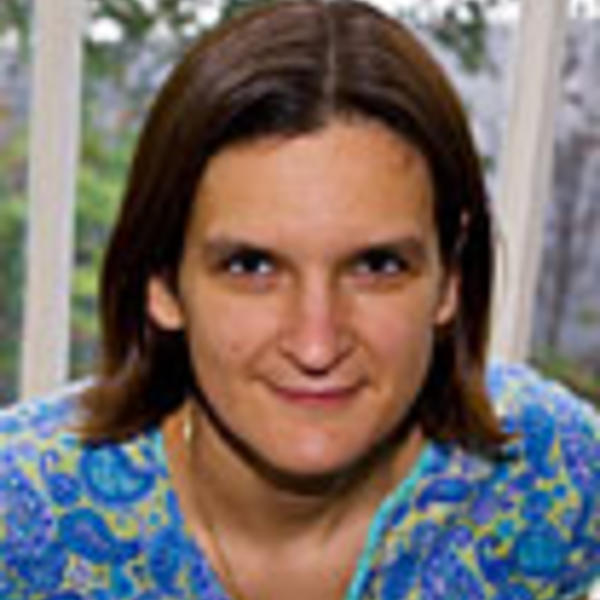Esther Duflo, co-author of Poor Economics: A Radical Rethinking of the Way to Fight Global Poverty (PublicAffairs, 2011), will talk about her work in a lecture on Thursday, October 27 at 7:30 p.m. in Rehm Library, Smith Hall at the College of the Holy Cross.
The lecture is presented by the Rev. Michael C. McFarland, S.J. Center for Religion, Ethics and Culture at Holy Cross. It is free and open to the public.
Duflo has made unique contributions to the study and practice of international development and poverty alleviation. Her research focuses on microeconomic issues in developing countries, including household behavior, education, access to finance, health and policy evaluation. She has made her mark as the champion of high quality evaluation research using field experiments designed to improve the lives of people in developing nations.
She described her research in a presentation for TED.com in 2010.
Duflo is the Abdul Latif Jameel Professor of Poverty Alleviation and Development Economics and director of the Jameel Poverty Action Lab at the Massachusetts Institute of Technology. She was named among Time magazine’s 100 Most Influential People in the World in 2011 and is winner of the David N. Kershaw Award, the John Bates Clark Medal, and a MacArthur Fellowship.
For more information about this and other events hosted by the McFarland Center for Religion, Ethics and Culture, and to listen to lectures online, visit http://www.holycross.edu/crec.
About the Rev. Michael C. McFarland, S.J. Center for Religion, Ethics and Culture:
Established in 2001 and housed in Smith Hall, the McFarland Center for Religion, Ethics and Culture provides resources for faculty and course development, sponsors conferences and college-wide teaching events, hosts visiting fellows, and coordinates a number of campus lecture series. Rooted in the College's commitment to invite conversation about basic human questions, the Center welcomes persons of all faiths and seeks to foster dialogue that acknowledges and respects differences, providing a forum for intellectual exchange that is interreligious, interdisciplinary, intercultural, and international in scope. The Center also brings members of the Holy Cross community into conversation with the Greater Worcester community, the academic community, and the wider world to examine the role of faith and inquiry in higher education and in the larger culture.
Prized Economist to Lecture at Holy Cross on Anti-Poverty Policy

Read Time
1 Minute